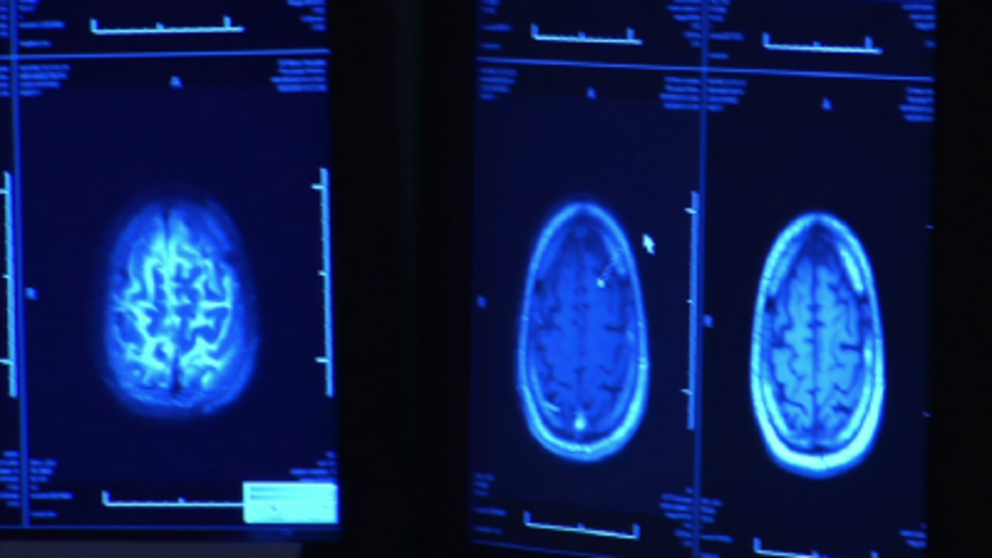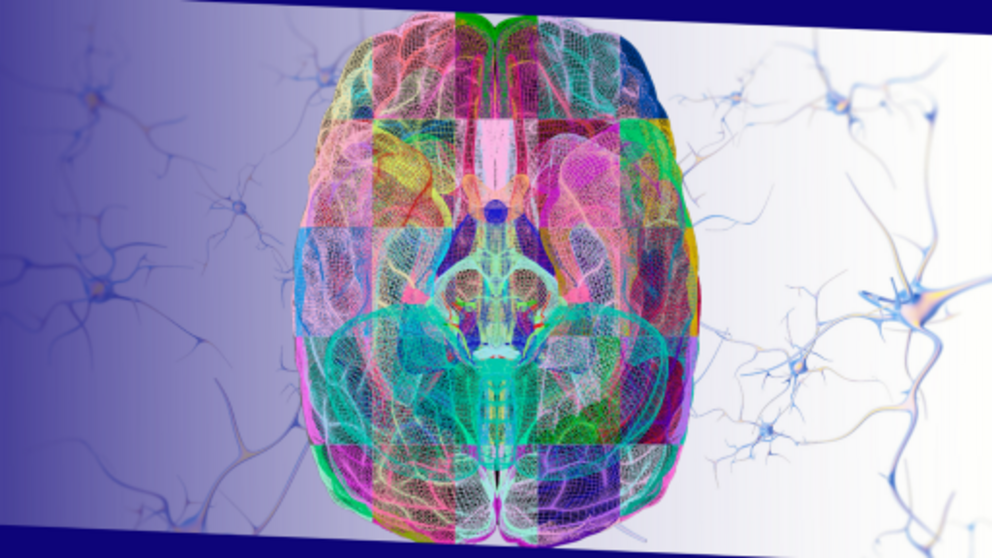What is consciousness? Where does consciousness come from?
Consciousness is one of the most fascinating and intensely debated topics in human existence. After all, it’s what allows us to be aware of our surroundings and our own inner state.
Everything you ever experience in your life is made of consciousness — including sight, smell, taste, touch, and even this article.

But what exactly is it? Where did it come from? Are animals conscious too?
First, we’ll go over our best theory of where consciousness came from, and then in a future article, we’ll tackle some harder philosophical questions about it, like what philosophers call ‘the hard problem of consciousness,’ if there’s really such a thing as mind/body duality, can robots be conscious, and more.
I know this can be a rather complex and contentious topic, but I’ll break it down so it’s as easy to understand as possible.
Okay, so the origin of the modern concept of consciousness comes from John Locke’s ‘Essay Concerning Human Understanding,’ published in 1690. Locke defined consciousness as “the perception of what passes in a man’s own mind.”

Today, we think of it as the state of being aware of and responsive to one’s surroundings and internal state.
Where does it come from?
Our most evidence-backed theory of what reality is, something called ‘ontological naturalism,’ states that everything we know is just nature and the laws of nature. Of course, we can’t really prove this beyond a doubt, but nothing has come out at this point to make us think that’s not the case. If you want to learn how I came to that conclusion, make sure to check out this article here first.
If that’s the case and everything is just nature and natural laws, it would mean that consciousness somehow manifests itself from our brain.

Scientific research does continue to point to the conclusion that mental processes such as consciousness are directly correlated to physical process events in the brain. Researchers like Anil Seth from the University of Sussex suggest that your brain basically hallucinates your consciousness. There are many different aspects and channels all working at once that come together from just cells and matter to give you a sense of self.

Of course, not all philosophers, neuroscientists, and researchers are fully on board with this idea. For example, the philosopher David Chalmers raised an interesting problem, now dubbed ‘the hard problem of consciousness.’
In his paper ‘Facing Up to the Problem of Consciousness’ he writes,
“It is undeniable that some organisms are subjects of experience. But the question of how it is that these systems are subjects of experience is perplexing. Why is it that when our cognitive systems engage in visual and auditory information-processing, we have visual or auditory experience: the quality of deep blue, the sensation of middle C?”
For the rest of this article please use source link below

